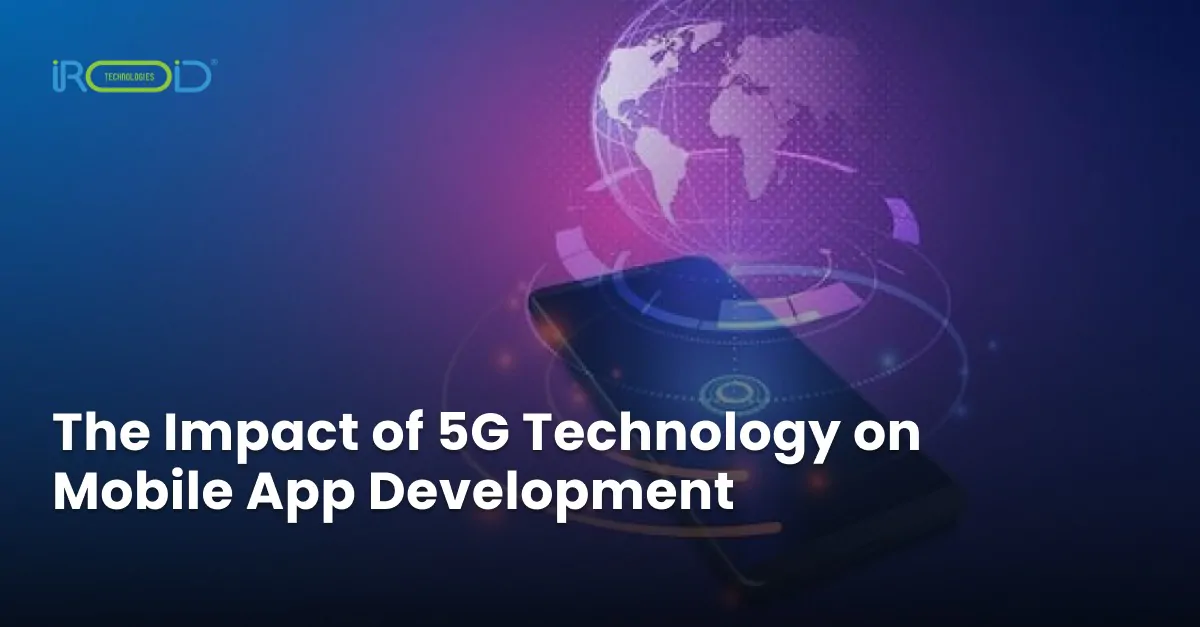Table of Contents
ToggleIntroduction
Artificial Intelligence (AI) is revolutionizing digital marketing, offering innovative solutions to marketers worldwide. In this article, we’ll explore the basics of AI in digital marketing, its diverse applications, benefits, challenges, and future outlook. Let’s dive in and demystify AI’s role in modern digital marketing!
Basics of AI in Digital Marketing
- AI in digital marketing refers to the use of advanced technologies to automate tasks, analyze data, and optimize marketing strategies.
- Machine learning, natural language processing, and predictive analytics are common AI technologies used in digital marketing.
Applications of AI in Digital Marketing
- Personalization: AI enables marketers to deliver personalized content and recommendations tailored to individual preferences. By analyzing user behavior and preferences, AI algorithms can suggest products, services, or content that are most relevant to each user.
- Predictive Analytics: AI algorithms analyze data to forecast future trends and consumer behavior, aiding in decision-making processes. By identifying patterns and correlations in data, AI can predict future outcomes, enabling marketers to anticipate market trends and adjust their strategies accordingly.
- Automation: AI automates repetitive tasks such as email marketing, social media posting, and ad optimization, enhancing efficiency and productivity. By automating these tasks, marketers can save time and resources, allowing them to focus on more strategic aspects of their campaigns.

Benefits of AI in Digital Marketing
- Improved Efficiency: AI streamlines marketing processes, reducing manual effort and enabling marketers to achieve more in less time. By automating tasks such as data analysis, content creation, and campaign optimization, AI frees up valuable time for marketers to focus on strategy and creativity.
- Enhanced Targeting: AI algorithms analyze vast amounts of data to identify and target specific audience segments, increasing the relevance and effectiveness of marketing campaigns. By analyzing user behavior, demographics, and preferences, AI can deliver highly targeted ads and content, maximizing engagement and conversions.
- Better Insights: AI provides deep insights into consumer preferences, behaviors, and trends, empowering marketers to make data-driven decisions that drive results. By analyzing large datasets, AI can uncover valuable insights about customer preferences, competitive trends, and market opportunities, enabling marketers to optimize their strategies for maximum impact.
Also Read : How are Companies Using AI For Marketing?
Challenges and Considerations
- Data Privacy: The use of AI in digital marketing raises concerns about data privacy and security, necessitating careful handling of consumer data to maintain trust and compliance. Marketers must ensure that they are collecting, storing, and using customer data in a responsible and ethical manner, following applicable regulations and best practices.
- Implementation Costs: Adopting AI technologies requires investment in infrastructure, training, and talent, which may pose challenges for smaller businesses with limited resources. While AI can offer significant benefits in terms of efficiency and effectiveness, the upfront costs of implementation can be substantial, requiring careful planning and budgeting.
- Skill Requirements: Effective use of AI in digital marketing requires specialized skills in data analysis, machine learning, and AI technologies, highlighting the need for ongoing education and training. Marketers must develop the necessary expertise to leverage AI tools and techniques effectively, either through formal training programs or self-directed learning initiatives.

Future Outlook
- Emerging Trends: AI continues to evolve rapidly, with advancements in natural language processing, image recognition, and voice search shaping the future of digital marketing. As AI technologies become more sophisticated, we can expect to see new and innovative applications in areas such as content creation, customer service, and predictive marketing.
- Opportunities: Businesses that embrace AI technologies can gain a competitive edge by delivering hyper-personalized experiences, optimizing marketing ROI, and staying ahead of market trends. By leveraging AI tools and techniques, marketers can unlock new opportunities for growth and innovation, driving success in the ever-changing digital landscape.
Conclusion
AI is reshaping the digital marketing landscape, offering marketers unprecedented opportunities to optimize campaigns, enhance targeting, and deliver personalized experiences. By understanding AI’s role and potential, marketers can stay competitive in an increasingly data-driven and technology-driven environment. As we look to the future, the possibilities of AI in digital marketing are limitless, offering exciting prospects for businesses willing to embrace change and harness the power of AI-driven insights and automation.
Also Read : Tips To Improve Engagements On Instagram









